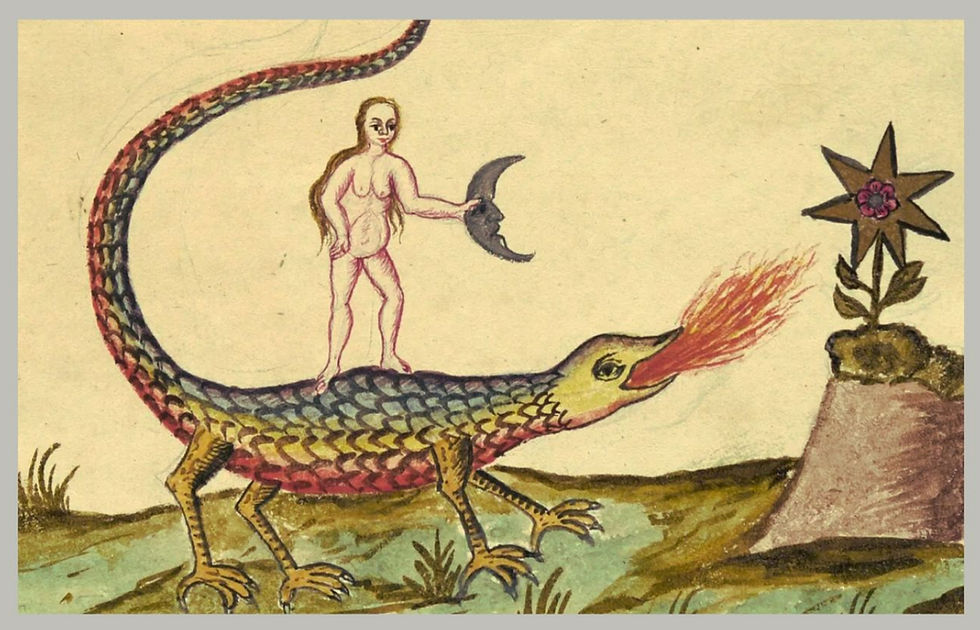What Sakshi Misra’s Video Tells Us About Inter-Caste Marriages in India
- Ekta Kumar
- Sep 5, 2022
- 3 min read
Love is unpredictable. Marriage (in India) is not. Only 5% of all the weddings that take place in our country are inter-caste. Our complex caste system is unjust and regressive, trapping people into categories that they have been born into. Changing social attitudes and mindsets is a long drawn tedious process, but one way to do this is by encouraging those who choose to marry outside their communities, faiths and caste.

Love, they say, knows no boundaries.
Despite all the research around pheromones and the like, we still don’t really know what sparks off attraction between two people.
Love is unpredictable.
On the other hand, marriage in our country is quite predictable. Most of them happen within the same caste and community. Out of the thousands of weddings that take place in India every single day, only about 5% are inter-caste, says the India Human Development Survey.
‘Love jihad’, ‘honour killings’, ‘anti-romeo squads’ are terms we are familiar with.
Time and again we’ve heard of horrific stories of couples who have been forcibly separated, threatened, punished and even killed for choosing partners outside of their communities or castes. For every story that makes it to the headlines, there are hundreds that go unreported. Options are limited for hounded couples on the run.
This is where social media can be a powerful tool.
Sakshi Misra had the courage to speak out against her father, a powerful BJP legislator from Bareilly, in a video that has since gone viral.
In the video, she says that she, an upper caste woman, is married to Ajitesh Kumar, a Dalit man, and that her sindoor is not for “fashion”. She asks for police protection, and appeals to all the MPs and MLAs of Bareilly to not support her father. She warns those who have been harassing her to stop or face consequences, and in the end she asks her father to concentrate on his work, on “rajniti (politics)” and let her make her choices and live happily.
Love is not easy. Especially in India, when caste equations come into play.
Sakshi’s social media post was a desperate step, but it appears to have been an effective one. Her father put up statement denying putting any pressure on her, and said he was opposed to the match due to the age difference and income levels.
He also said: “My daughter is an adult and has a right to take a decision.”
Sakshi has been lucky.
Her father is a powerful politician, a local BJP MLA who cannot afford negative publicity. The viral social media post will probably act as a deterrent and will hopefully galvanise the police into being more proactive.
But what about other such couples?
Our complex caste system is an ancient relic of a bygone era that has remained unchanged for centuries. It is unjust and regressive, trapping people into categories that they have been born into.
Despite education and economic progress, the Indian orthodox mindset refuses to accept couples from diverse backgrounds. A deep-rooted prejudice exists across both urban and rural India, cutting through various classes of society.
Changing societal mindsets would be a slow and tedious process, but one that is urgently required. One way to do it is to facilitate integration between different groups, through marriage.
Caste, as Dr. B.R. Ambedkar once said, “is a mental state, therefore it cannot be eradicated through constitutional measures alone”.
Inter-caste marriage can be an effective way to finally eradicate our notorious caste system. Marriage between two different castes or faiths can help bridge the gap, narrow cultural differences, improve understanding and, perhaps in the long term, even render caste irrelevant.
To increase the number of inter-caste marriages, the government needs to be more involved.
Awareness about the Special Marriage Act is low. Marriage registration rules are archaic, requiring a 30-day notice period displayed at a public place which defeats the intended purpose of privacy and security.
Rules must be amended, the police must be sensitised, and there must be centres for counselling and safe houses for couples who marry inter-faith and inter-caste. Violence and honour killings should carry exemplary and timely punishment.
While we wait for all of this to materialise, social media can be an influential ally.
Although it is impractical to expect every case to go viral, perhaps just the threat of putting it out there can be a deterrent. The internet can help amplify voices.
A terrorised couple need not fight the good fight alone.



Comments